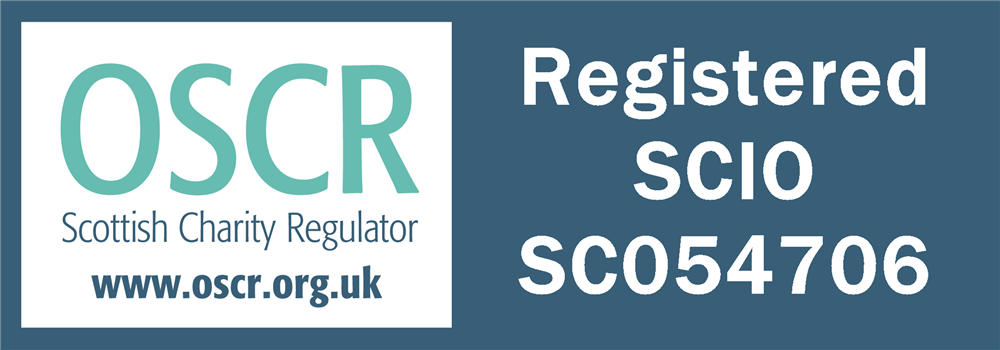Welcome to Erraid!
This tiny Hebridean isle, with its historic lighthouse keepers’ dwellings, has been home to a small and evolving community since 1978. Daily life includes sowing and growing food, chopping wood, baking bread, herding sheep, fishing, swimming, and moving with the seasons, tides, and weather.
The community aims to inspire grounded, intentional, regenerative ways of living that are rooted in the local ecology. Guests are invited to experience what this way of life is like.


